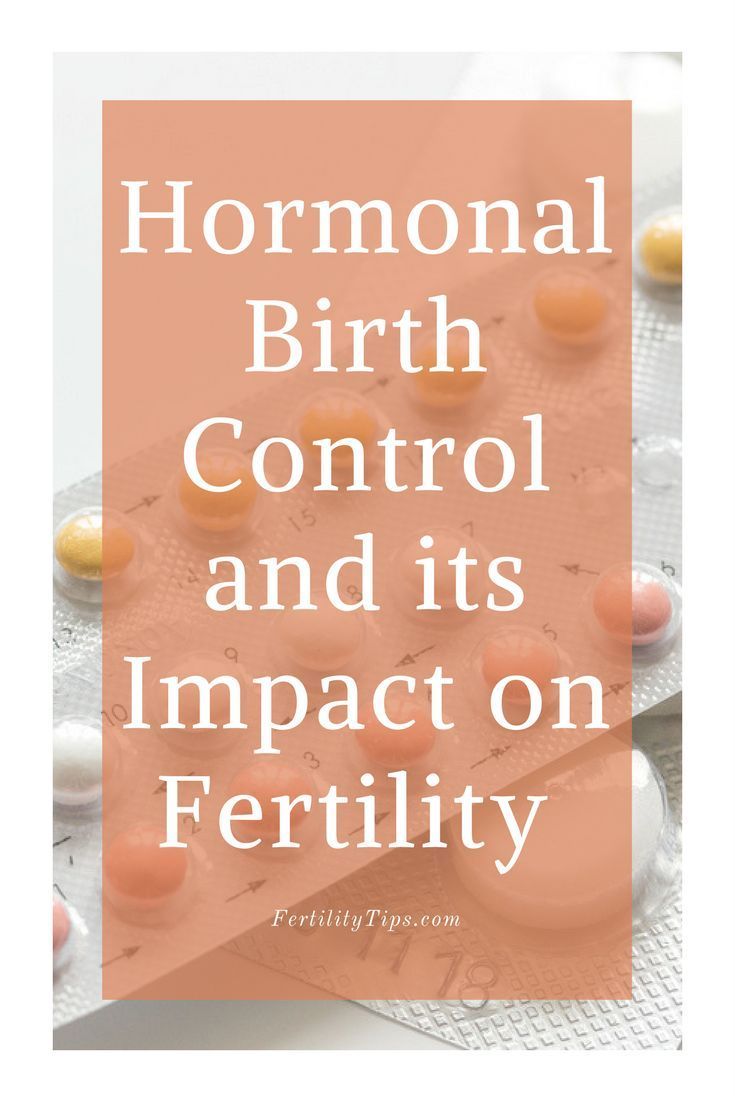Post-Roe America: How OTC Birth Control Impacts Women's Health

Table of Contents
Increased Access and Affordability of Birth Control
One of the most significant potential benefits of making birth control available over-the-counter is increased access and affordability. For many women, particularly those facing financial or geographical barriers, the cost and logistical challenges of obtaining prescription birth control represent significant hurdles. OTC birth control offers a potential solution to these challenges:
- Lower Cost: OTC birth control is generally less expensive than prescription options, reducing the financial burden on individuals and families. This is especially important for those without health insurance or with high deductibles.
- Increased Convenience: Purchasing birth control without a doctor's visit eliminates the need for appointments, transportation, and time off from work – significant barriers for many women.
- Reduced Reliance on Insurance: Access to OTC birth control lessens dependence on insurance coverage, making it a more reliable option for those with limited or no insurance benefits.
- Improved Accessibility for Underserved Communities: This increased accessibility is especially critical for women in rural areas or underserved communities with limited access to healthcare providers.
However, it's crucial to acknowledge that the cost of OTC options might still be prohibitive for some individuals, despite being cheaper than prescription alternatives. Further initiatives may be needed to guarantee equitable access for all women.
Impact on Women's Healthcare Decisions and Autonomy
Easier access to over-the-counter birth control significantly influences women's ability to make informed choices about their reproductive health and exercise greater autonomy. This empowerment allows women to:
- Exercise Self-Determination: OTC birth control allows women to take control of their family planning without relying on external factors like doctor appointments or insurance approvals.
- Prevent Unintended Pregnancies: Convenient access to effective contraception leads to a greater ability to prevent unintended pregnancies, reducing the associated health risks and emotional burdens.
- Utilize Preferred Methods: Women can choose methods that best suit their individual needs and preferences without navigating potential barriers associated with prescription medications.
- Navigate Potential Risks: While increased access is beneficial, it also highlights the importance of education to mitigate potential misuse or incorrect usage. Misinformation needs to be countered with accurate, readily available information.
Public Health Implications of Wider Birth Control Availability
The wider availability of OTC birth control has significant public health implications, potentially leading to positive societal impacts:
- Reduced Strain on Healthcare Systems: Decreases in unintended pregnancies translate to fewer pregnancy-related complications requiring expensive and extensive medical care, thus easing the strain on healthcare systems.
- Potential Decrease in Abortion Rates: Increased access to effective contraception is strongly correlated with lower abortion rates.
- Impact on Maternal Mortality Rates: By reducing the number of unintended pregnancies and associated complications, wider access to birth control can contribute to a decrease in maternal mortality rates.
- Potential for Increased STI Transmission: A potential downside is the possibility of increased rates of sexually transmitted infections (STIs) if proper usage and safe sex practices are not emphasized alongside increased access to contraception. This underscores the necessity for comprehensive sex education programs.
Addressing Concerns and Misconceptions About OTC Birth Control
Addressing public concerns and misconceptions about OTC birth control is crucial to ensure safe and effective usage. This includes:
- Types and Effectiveness: Educating the public about the various types of OTC birth control (e.g., condoms, spermicides, emergency contraception) and their respective effectiveness rates is essential.
- Proper Usage: Clear and accessible information about proper usage, including instructions and potential side effects, is paramount to maximize effectiveness and minimize risks.
- Side Effects and Contraindications: Openly discussing potential side effects and contraindications for different methods ensures women can make informed decisions tailored to their health conditions.
- Patient Education and Comprehensive Sex Education: Investing in comprehensive sex education programs is crucial to empower individuals with the knowledge and skills needed to make responsible choices regarding their sexual and reproductive health.
Over-the-Counter Birth Control: A Critical Component of Post-Roe Reproductive Healthcare
In conclusion, the availability of over-the-counter birth control is emerging as a crucial component of reproductive healthcare in post-Roe America. Increased access to affordable and convenient options empowers women to make informed decisions about their reproductive health, leading to potential improvements in public health outcomes. However, addressing concerns regarding cost, misuse, and the potential for increased STI transmission is paramount. We must advocate for policies that support increased access to over-the-counter birth control while simultaneously promoting safe and informed use through comprehensive sex education and readily available information. Learn more about OTC birth control options and discuss your reproductive health needs with your healthcare provider to ensure access to the best care possible. The future of reproductive rights in America hinges on ensuring access to over-the-counter birth control for all.

Featured Posts
-
 Yukon Politicians Cite Contempt After Mine Managers Evasive Answers
Apr 28, 2025
Yukon Politicians Cite Contempt After Mine Managers Evasive Answers
Apr 28, 2025 -
 Trumps Higher Education Policies Effects On Colleges Across America
Apr 28, 2025
Trumps Higher Education Policies Effects On Colleges Across America
Apr 28, 2025 -
 Is Kuxius Solid State Power Bank Worth The Investment A Cost Benefit Analysis
Apr 28, 2025
Is Kuxius Solid State Power Bank Worth The Investment A Cost Benefit Analysis
Apr 28, 2025 -
 Red Sox 2025 Espns Outfield Lineup Projection
Apr 28, 2025
Red Sox 2025 Espns Outfield Lineup Projection
Apr 28, 2025 -
 Wallace Vs The Nascar Cookie Cutter An Unfiltered Opinion
Apr 28, 2025
Wallace Vs The Nascar Cookie Cutter An Unfiltered Opinion
Apr 28, 2025
